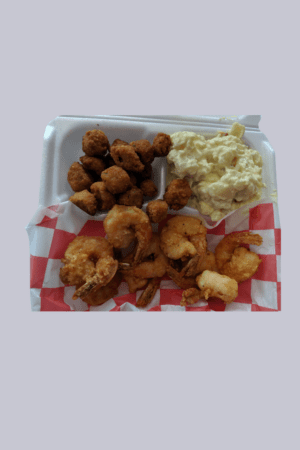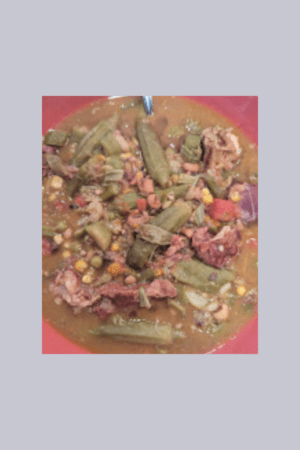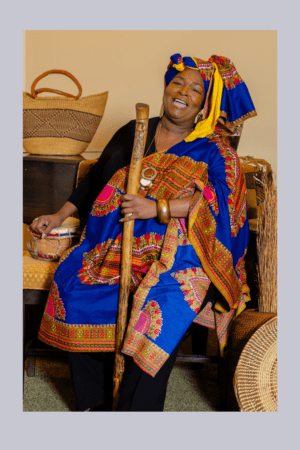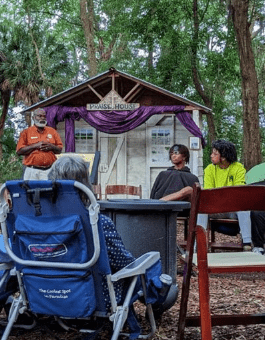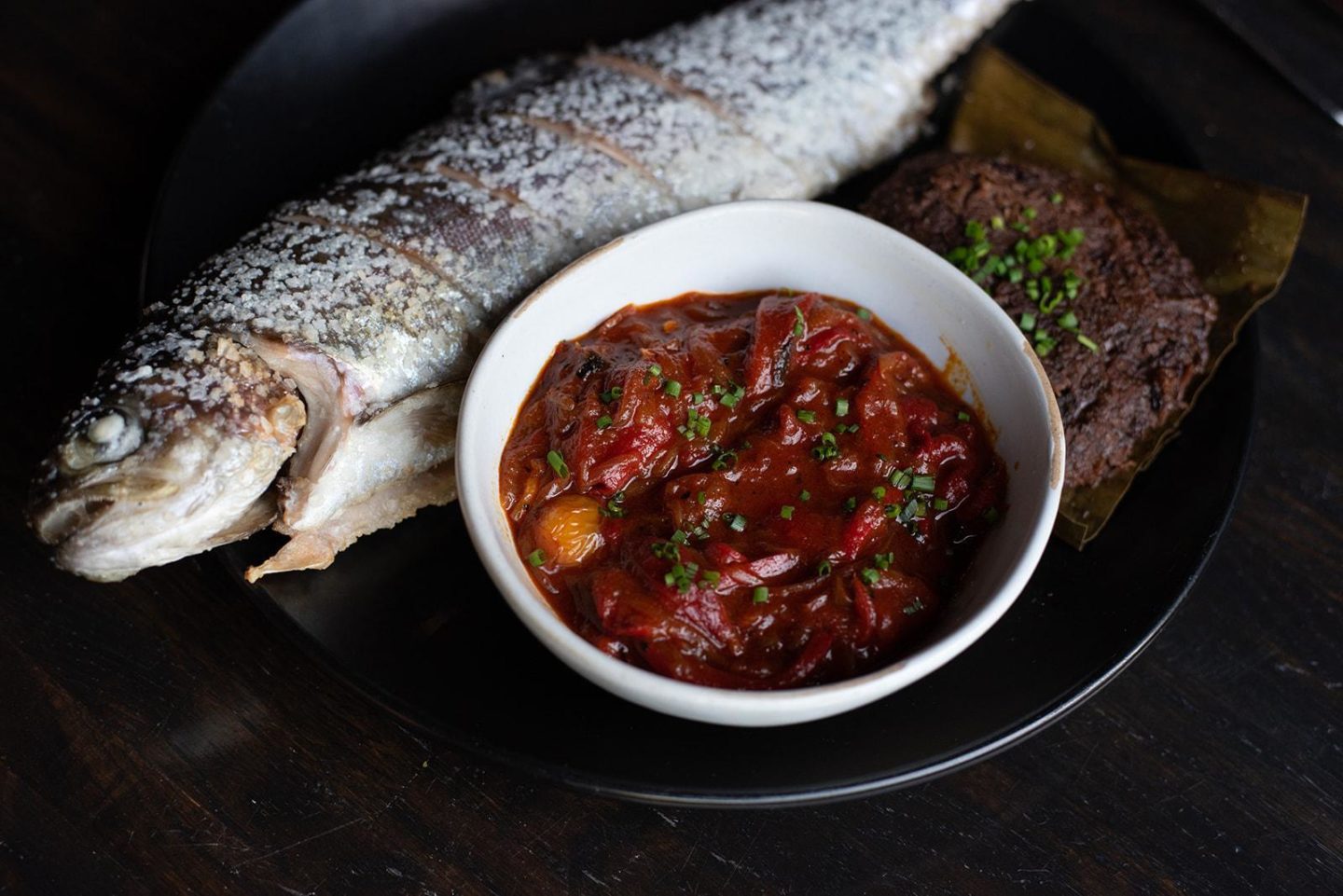
Asheville is a part of southern Appalachia, surrounded by the Blue Ridge Mountains, far from the coasts but near rich farmland. It is the largest city in Western North Carolina with a population over 90,000. Drive 116 or so miles west and you’re right at the Tennessee border near Knoxville.
PRESENTED BY EXPLORE ASHEVILLE
Appalachian cuisine at its heart is a melange of flavors, food preparations and customs indigenous to the region like Native American cuisine, or brought to the region from various parts of the world, including Scotland, Ireland, Greece, Italy and Africa. In brief, the characteristics of Appalachian cooking will vary by region and location (urban and rural, north and south), but there are some constants such as stewed and slow-cooked foods, the use of foraged nuts and berries, herbs and roots, wild game, artisanal beans and peas, root vegetables and fish.
Some of the best food representative of the city and region is rooted in Black Appalachian mountain heritage. The strong Black contribution was brought to the region by freedom seekers, a small population of free people of color, tri-racial isolates and mixed ancestry members of the Lumbee tribe. Asheville was also home to a small yet prominent number of planters who enslaved Africans, and those are the people who cooked in planter kitchens. It was also a travel and tourism center, fueled by enslaved and Black labor on multiple levels, which informed the palates of the visitors eating in restaurants, hotels and boarding houses.
If you want to indulge in authentic Asheville Appalachian cuisine, then try a the collard green sandwich (fatback, collard greens between fried cornbread slices and topped with chow chow), livermush (not to be confused with liver pudding), apple butter, anything with sorghum on it or in it, country ham and maple sausage, trout, and cobbler.
Benne on Eagle is acclaimed chef John Fleer’s bow and hat tip to the Black men and women who ran small businesses in Asheville’s historic neighborhood called The Block. With the help of Ashleigh Shanti, inaugural chef de cuisine, the two set the tone for a culinary celebration of Asheville’s Black Appalachian foodways. But it all comes together with the guidance of lifelong resident and former restaurant owner Hanan Shabazz as Benne’s chef mentor, passing on her knowledge of heritage food preparation. Shanti is no longer at Benne but the current Sunday brunch menu is still reflective of those foodways while the dinner menu reflects the “African inspired” philosophy of the new chef de cuisine, Cleophus Hethington. (You can also check out Asheville native Rakim Gaines, who is the executive chef for Capella on 9.)
Black-owned food businesses in Asheville offer a taste of heritage, worthy of trying and enjoying. For breakfast and lunch, Tiger Bay Cafe is best known for their breakfast bagel sandwiches. The Haywood Lounge has a great bar program with craft and classic cocktails and a 40-sauce selection of chicken wings. Visit Black Mountain Cider + Mead for an Appalachian spirits experience. For a family-friendly treat, there’s Smallcakes Cupcakery and Creamery with a wide variety of cupcakes, cookies and ice cream to eat there or on the road. You can savor a midday cup of coffee with pastry at Grind AVL.
The convergence of culinary and creative energy is palpable throughout the Asheville area. You can schedule a food tour or two or three during your extended stay.
Hours and services may be impacted by COVID-19. Please visit the links associated with each to learn more about their current hours of operations, current offerings, and policies.
23